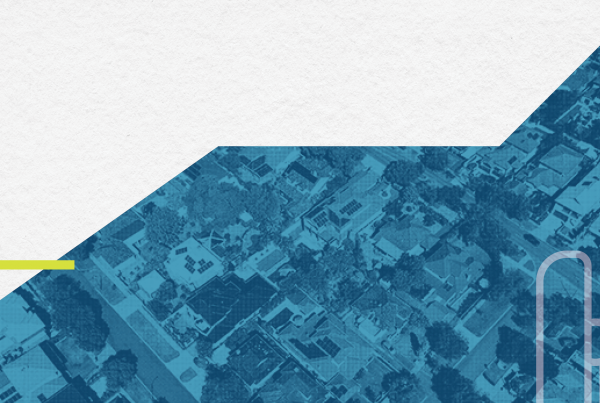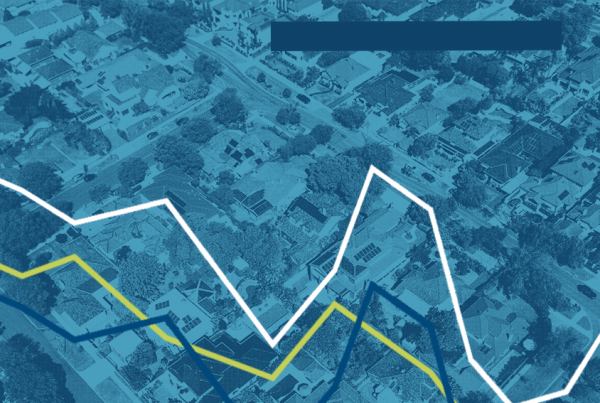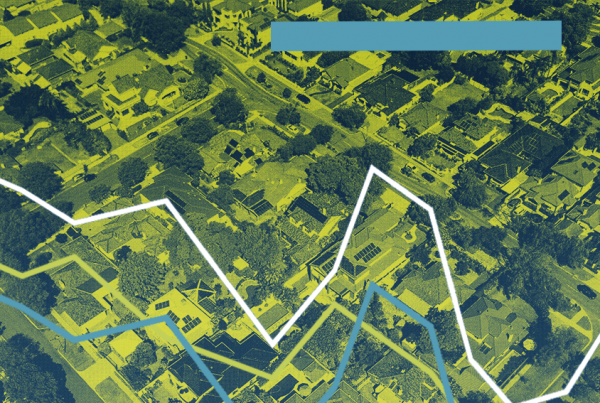At their most recent meeting, the Federal Reserve indicated three potential increases to interest rates in 2022. Previously, they had planned to raise rates twice during the coming year.
The Federal Reserve manages the federal funds rate, which is the rate commercial banks charge each other when they lend money. Many of the interest rates we see as consumers are affected by this rate, although changes aren’t always a one-to-one comparison. And the ripple effect on consumer lending rates may not be immediate, sometimes taking up to a year to increase depending on the type of loan.
The Federal Reserve produces a document called the ‘Dot Plot’ to aid in forecasting the potential rate movements in the coming months and years. “A lot of investors and experts are predicting the first movement to come in either March or April, which is much earlier than anyone was anticipating,” shares Mike Bryant, Capital Markets Manager at Homeowners Financial Group. “While these movements will likely be small, they typically do move mortgage rates incrementally higher.”
What does this mean for consumers?
The immediate effect of an increase to the federal funds rate is that borrowing money is more expensive for banks. They typically pass that added expense on to consumers through higher interest rates on credit cards, auto loans, and, yes, mortgages. This can cause people to spend less money because it is more expensive to borrow that money from the bank. But people who tend to save money are rewarded with higher interest rates on their savings accounts.
Although rising interest rates mean it will cost more to borrow money, it can be a good sign for the economy. The Fed had cut rates significantly to help our struggling economy during the pandemic, so a move to raise those rates again shows that the economy is improving. Increases to the federal funds rate typically slows inflation, so you may see some of the price increases at grocery stores and in other areas slow down.
What should we do?
So what should you do as a consumer before the interest rates change? If you’ve been thinking about refinancing your current mortgage or home equity loan, this is a great time. You’ll benefit from the current low rates with more cash out, lower payments, or both. When rates increase, you may still get a good deal, especially if you got your loan when rates were considerably higher. But the benefits may not be as great, depending on how much the Fed raises rates.
Also know that rates on your credit cards and new loans may go up. If you have a variable rate credit card, consider moving to a low fixed rate to shield yourself from increases. If you are planning to buy a car, try to do it sooner in the new year so you are sure that you’re getting the most value for the money you borrow.
Finally, remember that these are just forecasts. Until the Federal Reserve Board meets, we won’t know whether they will decide to raise rates or by how much. Refinancing large loans, such as your mortgage, is a smart option right now to discuss with your Homeowners Licensed Mortgage Professional. For other big money decisions, keep an eye on what the Fed does and work with your financial planner to respond.





